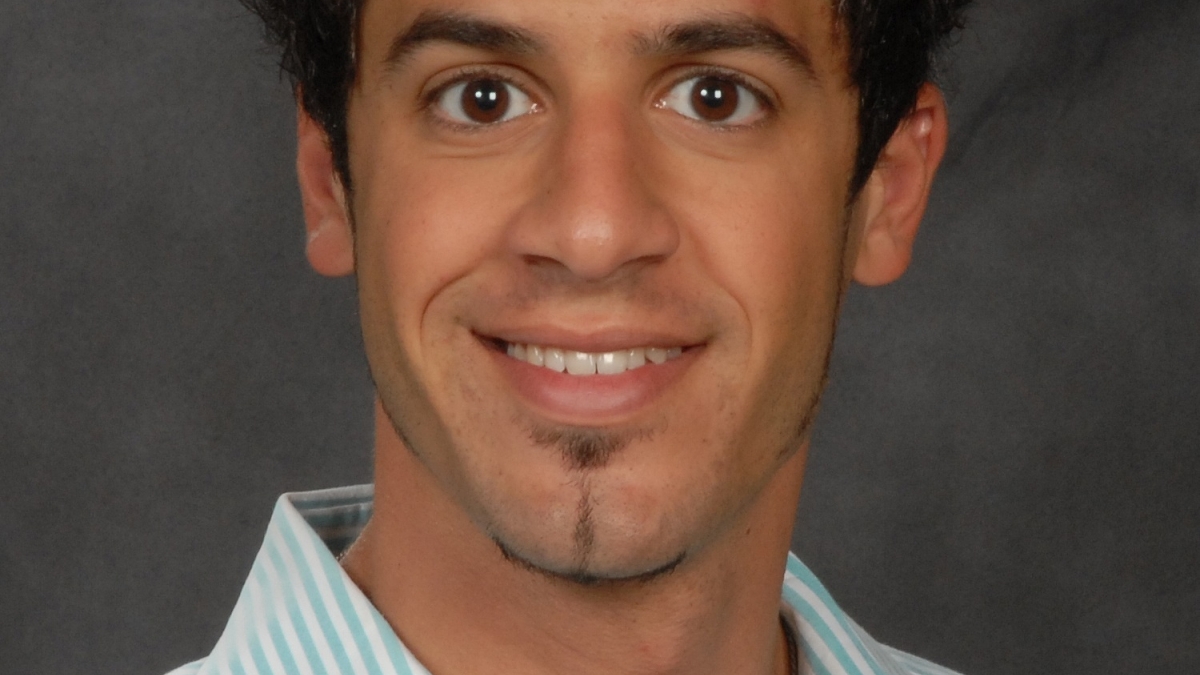Alum applies what he learned in the classroom to the real world

Alumnus Tarek Saleh applies what he learned as a master's student at ASU’s Department of Biomedical Informatics to the real world.
Saleh was a part of BMI’s first graduating class in 2009, with a clinical research focus. He received his undergraduate degree in computer science and software engineering at ASU’s Ira A. Fulton Schools of Engineering.
Now working as a business analyst for Eldorado Computing, Inc., Saleh designs software for implementation and use.
The Phoenix-based computing company develops automated software with open layer platforms for the health care payer industry to process and pay health claims, replacing costly and proprietary legacy information systems.
Before enrolling at BMI, Saleh worked as a software developer for the company.
Saleh admits that his interest in the field grew even after he graduated, upon observing technology-related problems in the health care industry when he first started working. He was able to directly apply what he learned into the real world.
Saleh sites Eldorado’s recent upgrade in the International Statistical Classification and Related Health Problems (ICD), from ICD-9 to ICD-10 is a perfect example of a potential problem in the work environment that can be solved based on what he studied at BMI.
The ICD is a continually revised medical classification system that organizes diseases, signs and symptoms by code. Under this system, every health condition can be assigned to a unique category.
ICD-10 is a diagnostic coding system implemented by the World Health Organization in 1993. The more detailed codes of the new ICD-10 will allow better analysis of disease patterns and treatment outcomes in the advancement of medical care.
Saleh created a tool that transforms an ontology into Unified Modeling Language (UML). A UML is a standardized general-purpose modeling language in software engineering used to design and develop code. He thinks his graduate thesis can help explain and transform ICD-9 code set to the new ICD-10 code set and solve the industry’s problem with the new upgrade.
For the future, Saleh hopes to ultimately work at a hospital or clinical environment dealing with information technology. He has also considered returning to school for his doctorate in the field to tackle some of the industry problems that exist today.
He advises current students to find a job where they can apply what they learned in school after graduation to make a difference.